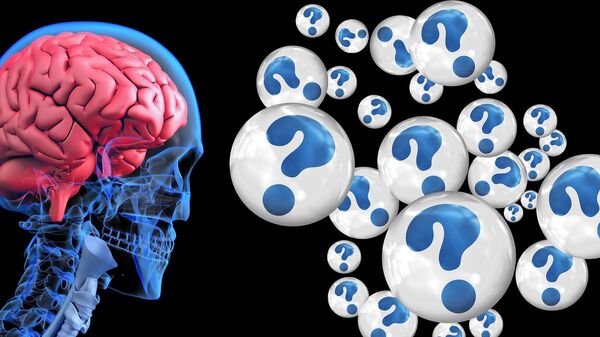A July 16th university press release about the study explains that information that seeps into our subconscious can affect our thoughts, decisions and actions, whether we like it — or know it — or not.
In the study, the authors asked 35 students from the university to participate in two experiments. In the first experiment, students were shown a group of objects and specifically told not to count them. Sounds easy, right? Well, not so much.
A staggering 90 percent of the participants ended up counting the objects involuntarily. The same group of students were then shown a series of shapes in different colors and were told to either name the colors or count the shapes. However, 40 percent of students ended up both naming the colors and counting shapes, even though they were only instructed to do one or the other.
"The data support the view that, when one is performing a desired action, conscious thoughts about alternative plans still occupy the mind, often insuppressibly," SF State associate professor of psychology Ezequiel Morsella, one of the authors of the study, said in the press release.
The researchers thus claim that our conscious minds, or the brain's "prime real estate" as they refer to it, are not as insulated as we may think. So, while we may "decide" to think about certain topics, other data can infiltrate our subconscious and force us to think about other things.
"Our conscious mind is the totality of our experience, a kind of ‘prime real estate' in the cognitive apparatus, influencing both decision-making and action," Morsella said.
"The research shows that stimuli in the environment are very important in determining what we end up thinking about and that once an action plan is strongly activated its many effects can be difficult to override," she added.
The study was published on June 21, 2018 in the Frontiers in Psychology journal.





